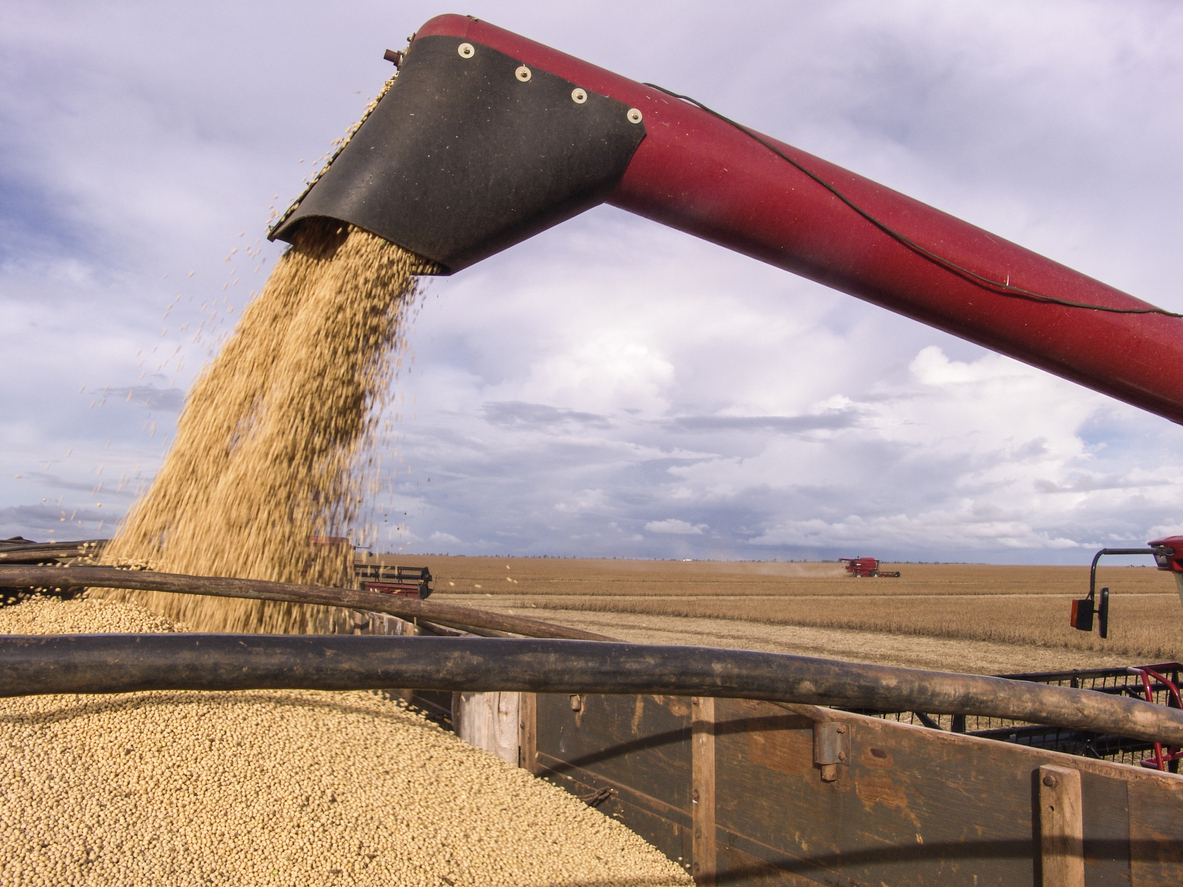
EMBRAPA Tackles Brazil's Regulatory Framework for Genome Editing
June 16, 2021| |
Biosafety laws must reflect and acknowledge technological innovations to maintain food quality and safety while permitting diversification in the production chain. This is one of the key points in the EMBRAPA publication on Regulatory Framework of Genome Editing in Brazil and Worldwide.
Regulation of products derived from genome editing techniques has been a subject of discussions globally. One of the main focuses in the discussions is whether the products that used site-directed nucleases should be classified and regulated as GM products. Since SDN-1 and SDN-2 systems simulate the pattern of genetic variability induction that happens in nature, detection in genome-edited products is impossible. Thus, the paper highlights that genome-edited products generated through such systems must not be subjected to risk analysis applied to GM products.
Brazil, being one of the first countries to have legislation that regulates genome editing techniques, understands the importance of harmonizing the biosafety laws of food exporting and importing countries. Harmonization of regulatory rules also facilitates legal confidence for developers in each country, avoiding individual national/regional rules for products resulting from conventional random mutagenesis or the use of SDN systems. Harmonization of regulations also ensures that two indistinguishable products are not regulated in two different ways.
Download the publication from EMBRAPA.
| |
You might also like:
- The Regulatory Landscape for Genome-edited Plants is Rapidly Changing, Experts Say
- Study: 20 Years of GM Adoption in Brazil Increased Farmers' Profits, Boosted Economy, and Preserved the Environment
- Genome Editing Resource
Biotech Updates is a weekly newsletter of ISAAA, a not-for-profit organization. It is distributed for free to over 22,000 subscribers worldwide to inform them about the key developments in biosciences, especially in biotechnology. Your support will help us in our mission to feed the world with knowledge. You can help by donating as little as $10.
-
See more articles:
-
News from Around the World
- Could Gene Drive Protect Nature?
- Biotech a Tenable Solution to Addressing Hunger in Africa, Experts Say
- USDA Pushes Reform on Animal Biotech Regulations
- Study Shows Irish Potato Famine Pathogen Stoked Outbreaks on Six Continents
- Scientists Report a Plant Part in Arabidopsis for the First Time
- Genome of Little Known Disease Offers Hope for Citrus Plants
- Nicotinamide Can Protect Wheat from Fungal Attack, Study Shows
- Australia's Experience Highlights Importance of Regulations and Public Trust in Consumer Acceptance of Gene Editing
- Report Finds COVID-19 Pandemic Slowed Biotech Crop and Animal Approvals in the Philippines
-
Research Highlights
- Endogenous Promoters Induce Expression of Functional Genes in Soybean
-
Plant
- EMBRAPA Tackles Brazil's Regulatory Framework for Genome Editing
- Harmonized Regulations Key to Optimizing the Potential and Benefits of Gene Drive Technology
-
Read the latest: - Biotech Updates (February 18, 2026)
- Gene Editing Supplement (January 28, 2026)
- Gene Drive Supplement (February 22, 2023)
-
Subscribe to BU: - Share
- Tweet

